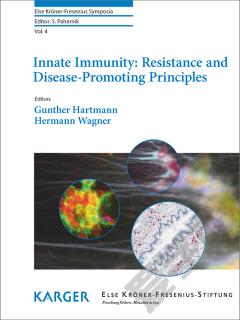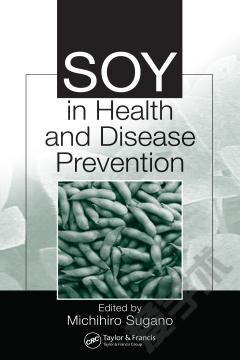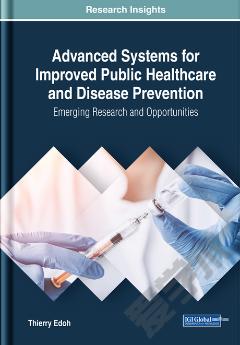Health Promotion: Strengthening Positive Health and Preventing Disease
The World Health Organization defines health promotion “as the process of enabling people to increase control over and to improve, their health”. It moves beyond a focus on individual behaviour towards a wide range of social and environmental interventions. Discussions on how to define health promotion already emerged in the 1970s from the Lalonde report in Canada, which contained a health promotion strategy "aimed at informing, influencing and assisting both individuals and organizations so that they will accept more responsibility and be more active in matters affecting mental and physical health". Health promotion and health service, using a socio-ecological approach, has been effective to promote mental and physical health, and improve social functioning and social support in a range of population groups. A socio-ecological approach addresses the importance of the interaction between individual level characteristics, families, institutions, and community support to promote health to an optimal level. There is increasing evidence to indicate promoting resilience at both the individual and organisation levels is important to help individuals cope with daily stress challenges, and buffer the adverse effects of distress, abuse and neglect, psychological traumatic events, and disease. The key concepts of resilience promotion is structured around self-esteem, self-efficacy, optimism, goal orientation, autonomy, and the ability to seek social and environmental support. These concepts play an important role in improving quality of life, chronic disease conditions, increasing exercise levels, and reduction of risk health behaviours.
{{comment.content}}








 京公网安备 11010802027623号
京公网安备 11010802027623号